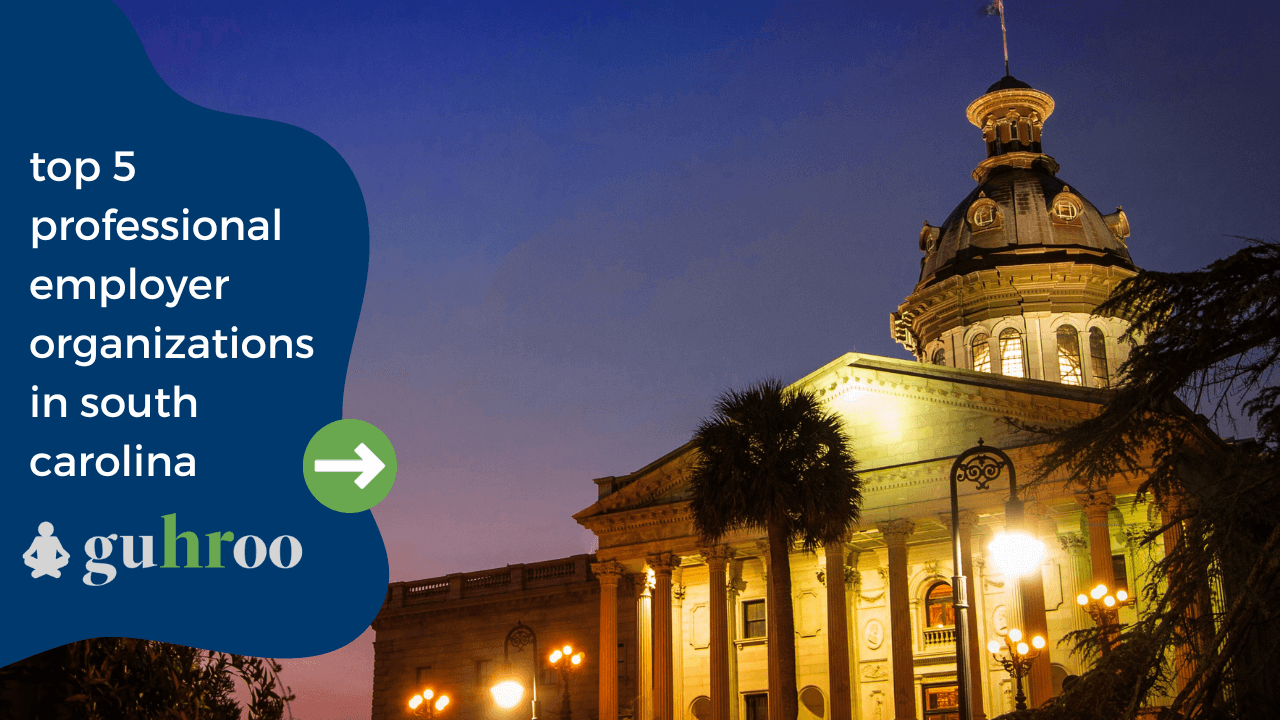On April 23, the Federal Trade Commission (FTC) rolled out a nationwide ban on noncompete agreements. This significant decision is poised to dramatically increase career mobility and drive innovation across industries.
What Changed?
Noncompete agreements have long been a staple in many industries, designed to prevent employees from joining competitors or launching similar businesses shortly after leaving a company. However, under the new FTC rule, these agreements will see major restrictions:
- The majority of existing noncompete clauses are being terminated.
- The creation of new noncompete agreements is being halted.
- Only a select group of senior executives will remain subject to noncompetes.
What This Means for the Economy:
Boost in New Businesses:
The removal of noncompete barriers is expected to encourage entrepreneurial spirit, potentially resulting in the creation of over 8,500 new businesses each year—a 2.7% increase in business formation.
Increase in Worker Wages:
With increased job mobility, employees could enjoy an average annual wage increase of $524. This not only benefits the workers but also stimulates economic activity as they have more to spend and invest.
Healthcare and Innovation:
One of the more far-reaching effects of this rule could be in healthcare, where costs are projected to drop by as much as $194 billion over the next decade. Moreover, the freedom to innovate without the fear of legal repercussions could lead to a surge in patent filings, estimated to be between 17,000 to 29,000 annually.
The crafting of this rule was heavily influenced by public input, with over 26,000 comments received. This overwhelming response underscores the rule’s importance and the public’s support for such a change.
Despite the restrictions on noncompetes, employers still have tools to protect their intellectual property and business secrets—trade secret laws and non-disclosure agreements (NDAs) remain in effect and provide sufficient protection.
This shift towards more dynamic labor markets is expected to foster a highly competitive and innovative economic environment. The rule will officially take effect 120 days after its publication in the Federal Register, marking a new era for American business and employment.
The FTC ban on noncompetes is opening new paths for growth and opportunity, creating an ecosystem where talent and ideas can flow freely. As this new rule takes effect, it’s crucial for both workers and companies to adapt to a landscape characterized by greater flexibility and competition.
As we step into this future, staying updated on developments related to this rule is essential for making the most of the opportunities it presents. Whether you are an employee, an entrepreneur, or a business leader, the evolving market conditions are ripe with potential for personal and professional growth.




